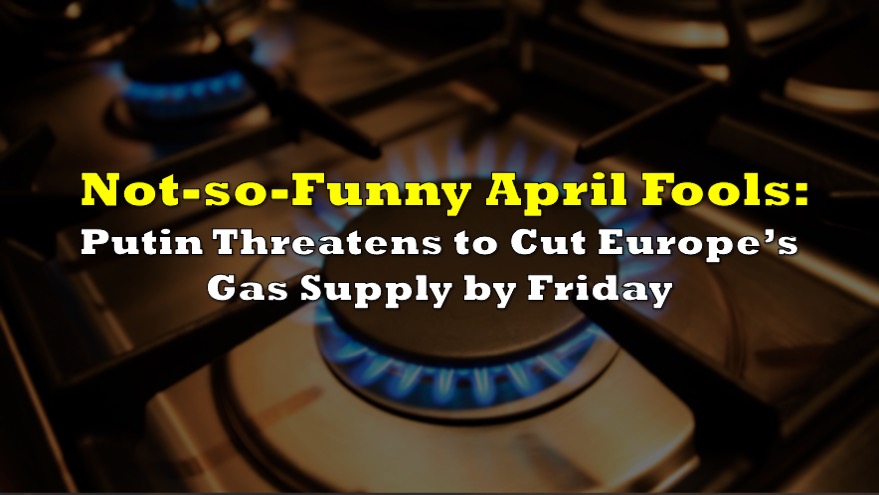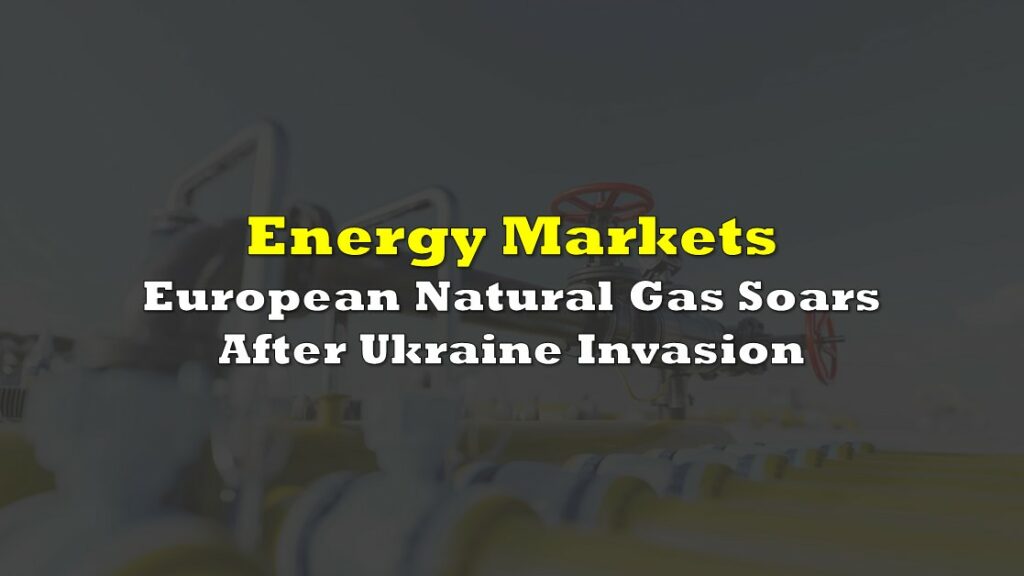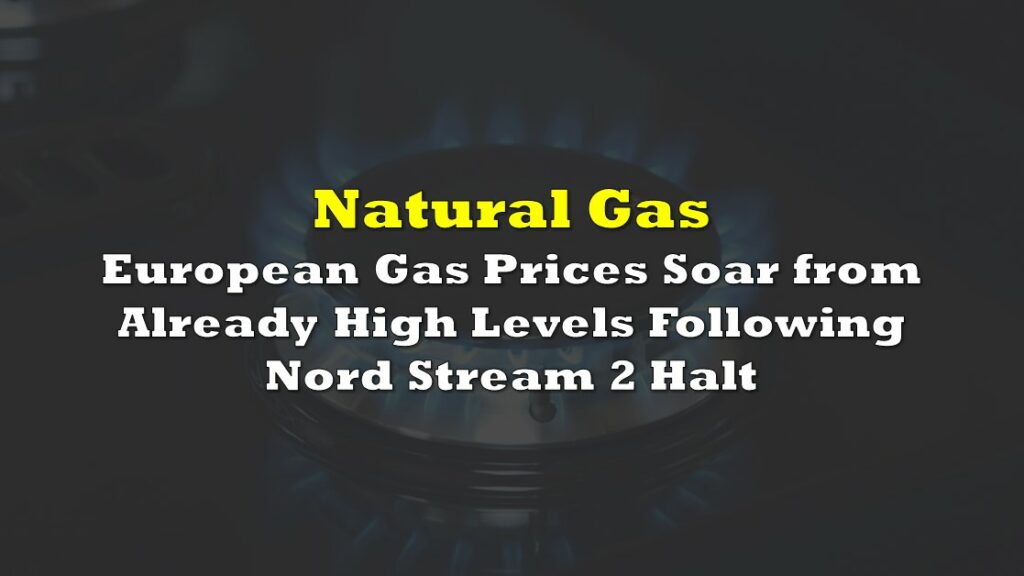Out-of-control energy prices are forcing European governments to consider billions of euros in financial aid for households and struggling suppliers, as the continent’s energy crisis worsens ahead of the winter months.
Countries across Europe are bracing for a cold and expensive winter ahead, as low LNG supplies, inadequate renewable energy sources, and political woes with Russia sent energy prices into hyperinflationary territory. French consumer organization UFC-Que Choisir has estimated that electricity prices for households will jump by an average 10% in 2022, amounting to an annual increase of over €150.
Similarly, gas providers across Germany, Europe’s largest economy, have announced they will raise prices by an average of 12.6% in September and October, amounting to an additional heating cost of €188 per year for households. But it’s not just consumers in France and Germany that are facing skyrocketing energy costs ahead of winter: nearly all countries across the bloc are expected to see their energy costs rise, prompting some governments to consider unleashing vital financial aid to households to cope with what is turning out to be a deepening winter energy crisis.
EU energy ministers this week are expected to address rising wholesale energy costs, as concerns over elevated gas prices jeopardizing the bloc’s Covid-19 economic recovery continue to mount. A source from Italy’s finance ministry cited by the Financial Times said that the country’s government is mulling a support program to the tune of €4.5 billion for households faced with rising heating costs.
Italy’s talks follow a decision by Spain’s government to go after energy companies’ profits while issuing tax breaks to struggling households. The country has also called on EU leaders to centralize natural gas prices in an effort to boost reserves and strip market power from vendors. “Member states should not need to improvise ad hoc measures every time markets malfunction,” read the proposal slated for the European Commission. “Gas producers are behaving strategically to maximise their profits. We should act together to avoid being at their mercy.”
France, in the meantime, has already unveiled a €100 subsidy for nearly 6 million households that are classified as low-income. UK’s government has also made a move to address the energy crisis, and is in the midst of discussing potential subsidies for energy companies to persuade them to take on unprofitable customers from collapsing smaller suppliers.
The sharp increase in wholesale gas prices is largely being driven by significantly depleted storage capacities, which failed to recoup sudden declines from an unexpected cold snap in April and May. In addition, Russia has ramped up maximum pressure to pass the politically controversial Nord Stream 2 pipeline by cutting back its natural gas exports to the EU.
To make matters worse, the EU’s obsession with adopting a green agenda has failed to secure widespread fossil fuel alternatives. According to Claudio Descalzi, CEO of Italian-based oil and gas company Eni— Europe’s governments have made the reduction of fossil fuel supplies the forefront of their climate change initiatives, rather than addressing sources of demand first, leading to unprecedented tightness in the market.
“This is not something that is for a limited time, it’s structural,” Descalzi explained to the Financial Times regarding soaring gas prices. “You cannot cut supply without also reducing demand,” he said, adding that increased pressure from governments, environmental groups, and investors have made it more challenging for energy companies to secure gas supplies.
Information for this briefing was found via the Financial Times. The author has no securities or affiliations related to this organization. Not a recommendation to buy or sell. Always do additional research and consult a professional before purchasing a security. The author holds no licenses.








